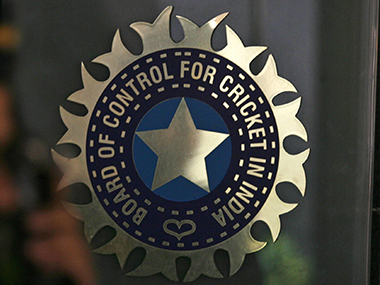The Indian Premier League (IPL) is not just a cricket tournament; it’s a financial juggernaut. With media rights, sponsorships, and ticket sales generating massive revenue, the Board of Control for Cricket in India (BCCI) stands at the center of this economic whirlwind. Yet, despite the billions earned, BCCI pays no income tax on its IPL earnings. This article delves into the reasons behind this exemption and the ensuing debates.
BCCI’s Charitable Status and Tax Exemption
BCCI is registered as a charitable organization under the Tamil Nadu Societies Registration Act, 1975. Its primary objective is the promotion and development of cricket in India. This classification grants it exemption under Section 12AA of the Income Tax Act, reserved for charitable entities. In 2021, the Income Tax Appellate Tribunal (ITAT) upheld this status, affirming that organizing popular tournaments like the IPL doesn’t negate BCCI’s charitable purpose.
Revenue Streams: The IPL Goldmine
The IPL’s financial success is unparalleled. In 2022, BCCI secured media rights deals worth ₹48,390 crore with Disney Star and Viacom18. Additionally, title sponsorships, such as the ₹2,500 crore deal with the TATA Group for 2024-28, further bolster its coffers.
GST Contributions Amidst Income Tax Exemption
While BCCI doesn’t pay income tax on IPL earnings, it contributes significantly through Goods and Services Tax (GST). Between 2022-23 and 2023-24, BCCI paid over ₹2,038.55 crore in GST.
Taxation on Players and Fans
Players participating in the IPL are subject to taxation. Indian players face a 10% Tax Deducted at Source (TDS) on their salaries, while foreign players are taxed at 20%. For instance, during the 2025 mega auction, teams spent ₹639.15 crore on players, resulting in a significant tax collection.
Fans, too, bear the brunt of taxation. A recent social media post highlighted that a ticket priced at ₹2,343.75 ended up costing ₹4,000 after taxes, including a 25% entertainment tax and 14% each for CGST and SGST.
Historical Tax Payments and Legal Battles
Since the IPL’s inception in 2008, BCCI has paid around ₹3,500 crore in taxes. The income tax department has often challenged BCCI’s tax-exempt status, arguing that the IPL is a commercial venture. However, BCCI has consistently defended its position, emphasizing its role in promoting cricket.
Public Perception and Criticism
The disparity between BCCI’s tax exemption and the taxes levied on players and fans has sparked public debate. Many question the fairness of a wealthy organization enjoying tax benefits while individuals bear significant tax burdens.
BCCI’s tax-exempt status, rooted in its charitable classification, allows it to channel more resources into cricket development. However, the juxtaposition of its massive earnings and tax benefits against the taxes paid by players and fans continues to fuel discussions on equity and fairness in the realm of sports economics.


)